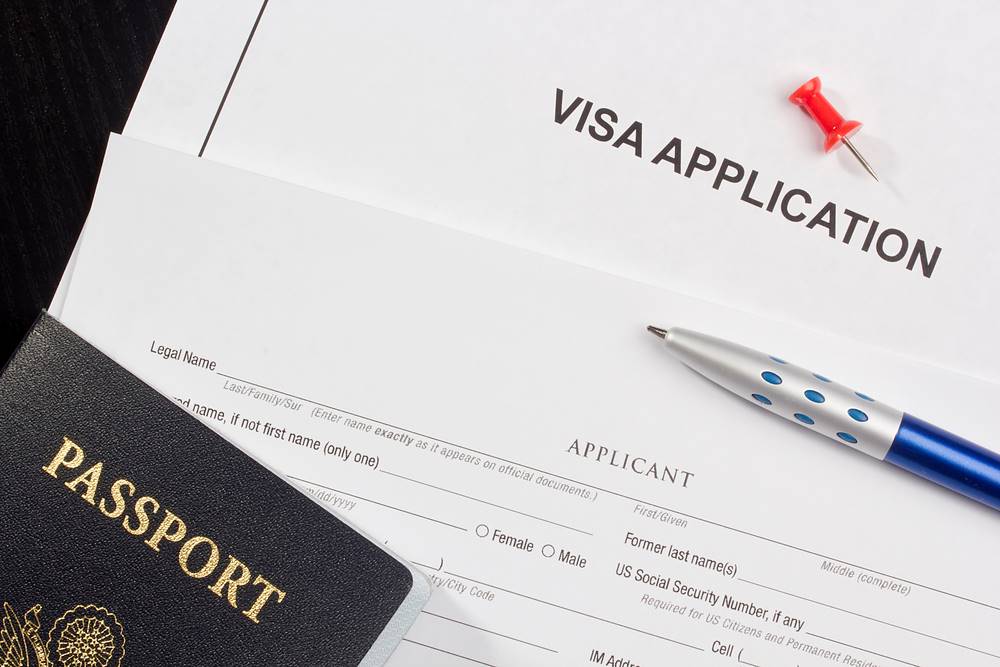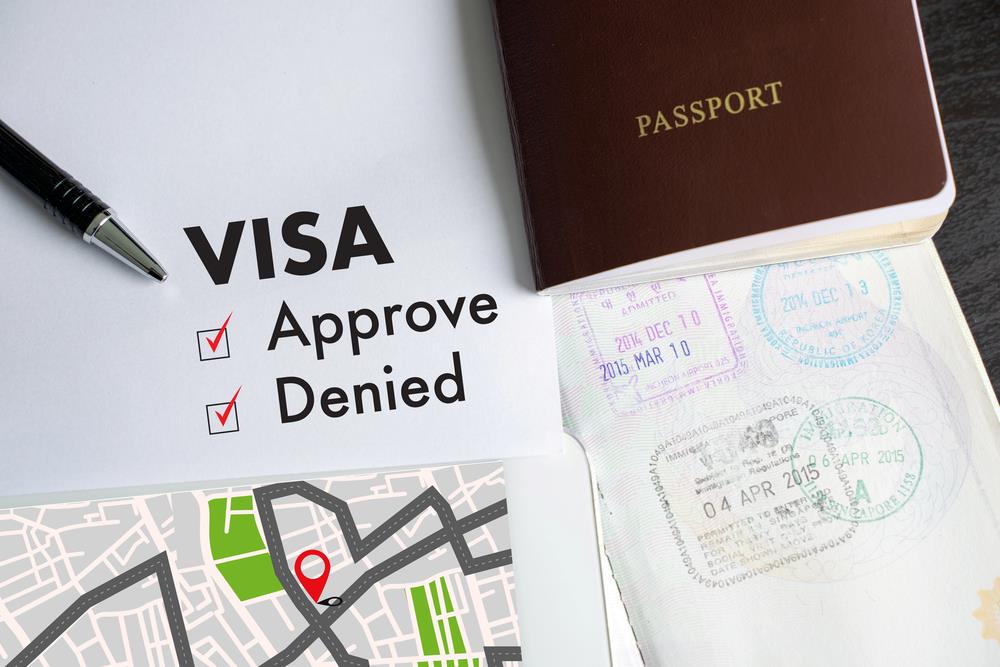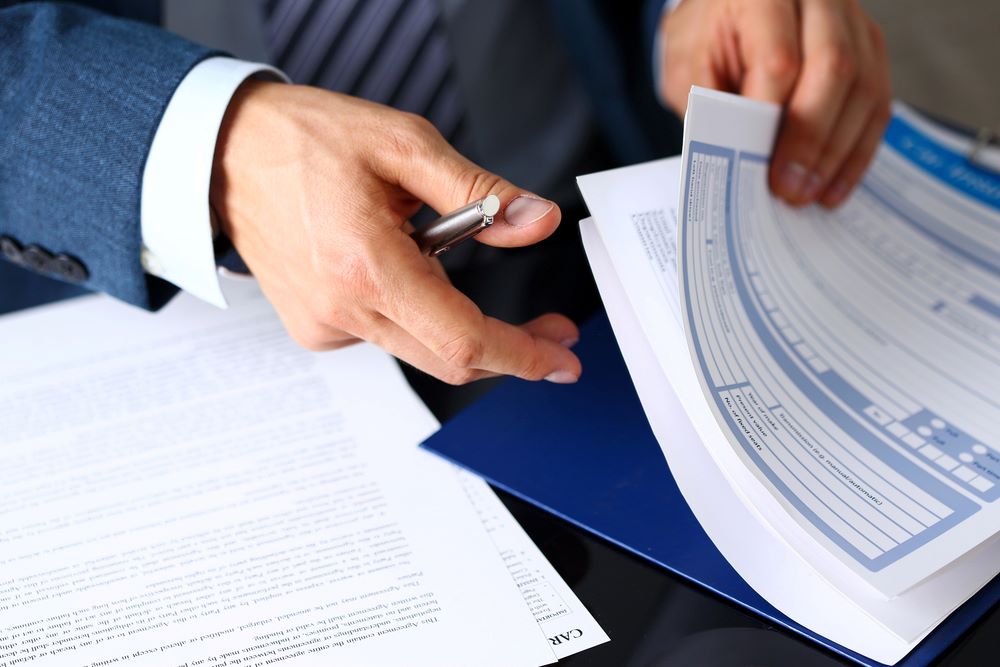Understanding Visitor Visas and Why Legal Help Matters
What Are Visitor Visas?
Types of Visitor Visas Available
B-1 Visa for Business Visits
The B-1 visa is designed for individuals traveling to the U.S. for business-related activities, such as attending meetings, conferences, or negotiating contracts.
B-2 Visa for Tourism and Medical Visits
The B-2 visa is intended for tourists wishing to visit family or friends, engage in tourism, or seek medical treatment in the U.S.
Visitor Visa Eligibility Requirements
To qualify for a visitor visa, applicants must demonstrate their eligibility based on several criteria.
Purpose of the Visit and Intent to Return Home
Applicants must provide a valid reason to visit and intend to return to their home country. This often includes presenting a well-defined travel itinerary.
Financial Stability and Proof of Ties to Home Country
To reassure the consular officer of their intent to return, visa applicants must demonstrate financial stability and establish strong ties to their home country, such as employment, property, or family connections.
Duration and Limitations of Visitor Visas
Understanding the limitations of visitor visas is essential for compliance and successful travel.
Typical Length of Stay Under Visitor Visas
Visitor visas generally allow for a stay of up to six months, depending on the purpose of the visit and the decision of the U.S. consulate or embassy.
Extensions and Overstay Consequences
Applicants may request an extension, but overstaying a visitor visa could result in consequences such as difficulty entering the U.S. in the future.
Why Legal Assistance Is Important for Visitor Visas
The Complexity of the Visa Application Process
Forms and Documentation Required
The application process involves submitting various forms and supporting documents, including proof of financial means, travel itineraries, and ties to the home country.
Avoiding Common Mistakes That Lead to Denial
Legal assistance may offer guidance in filling out forms and submitting required documentation accurately.


Handling Visitor Visa Denials
Understanding the reasons for a denial is essential for applicants seeking to reapply.
Understanding the Reasons for Denial
Denials can occur for various reasons, including insufficient documentation, financial instability, or lack of intent to return home.
Filing an Appeal or Reapplying with Legal Support
If a visa is denied, applicants might consider reapplying or appealing with the help of legal representation to better understand their options.
Navigating Visa Interviews and Legal Preparation
What to Expect in a Visa Interview
Interviews can be daunting, but understanding the process helps reduce anxiety. Consular officers assess the applicant’s intent and qualifications during this critical meeting.
How Legal Representation Can Improve Chances of Success
Legal representation can help applicants prepare for interviews and present necessary documentation, which may improve their chances of a positive outcome.

Common Issues Faced by Visitor Visa Applicants
Document and Information Inaccuracies
Correcting Errors in Visa Applications
Mistakes in documentation can delay processing and may lead to denials. Applicants should double-check all information before submission.
Proving Intent to Return to the Home Country
Importance of Providing Strong Supporting Documents
Providing substantial proof of ties to the home country, such as job letters or property deeds, can help affirm the applicant’s intent to return.
Overstaying a Visitor Visa
Legal Consequences and Future Visa Applications
Overstaying a visitor visa can result in legal repercussions, including deportation and difficulties obtaining future visas.
Seeking Legal Help to Address Overstay Issues
Consulting with an immigration lawyer may help applicants explore options for addressing issues like overstays and reapplication.
How an Immigration Lawyer Can Help with Visitor Visas
Assistance in Gathering Required Documentation
Legal Expertise in Compiling Financial and Personal Records
Lawyers can assist in gathering and organizing necessary documentation, ensuring all required information is presented accurately.
Ensuring Compliance with U.S. Immigration Laws
Avoiding Legal Pitfalls That Lead to Visa Denial or Deportation
Legal guidance can assist applicants in understanding U.S. immigration laws, which may help reduce potential risks during the visa application process.
Preparing for Potential Legal Issues While in the U.S.
Managing Emergency Situations Such as Visa Overstay or Visa Expiration
Legal support can assist applicants in addressing unexpected issues with visa status while in the U.S.
Frequently Asked Questions (FAQs) About Visitor Visas
What is the difference between a B-1 and B-2 visa?
Can I extend my visitor visa while I am in the U.S.?
Do I need a lawyer to apply for a visitor visa?
What happens if my visitor visa application is denied?
How long can I stay in the U.S. on a visitor visa?
Can I work or study while on a visitor visa?
Legal Guidance for a Successful Visitor Visa Application
Navigating the visitor visa process can be overwhelming, but legal support can help applicants avoid common issues and achieve their goals.
How Legal Support Can Help You Avoid Common Issues
An experienced immigration lawyer can guide applicants through the complexities of the process, ensuring that they meet all requirements.
Next Steps: Contacting an Immigration Lawyer for Visitor Visa Assistance
If you’re considering applying for a visitor visa, contact an immigration lawyer to discuss your situation and receive tailored advice.

